
Shi Huahua, a wild girl from the countryside, is skilled in martial arts. On her way to the mountains alone for training, she promised her master to do "98 good deeds." When she first enters the big city, she becomes the spokesperson of a company by mistake and saves the two-faced boss, Zhou Zhifei. The boss is caught in a family feud and his inner trauma has relapsed. A seemingly coincidental yet is actually a story full of fate thus unfolded. The two people's contrasting upbringing, attitudes and lifestyles are brought together and the two of them gain healing from each other. Surrounded by family, friendship and love, both of them eventually realize the end goal of their life and achieve a beautiful love that best suits each other.
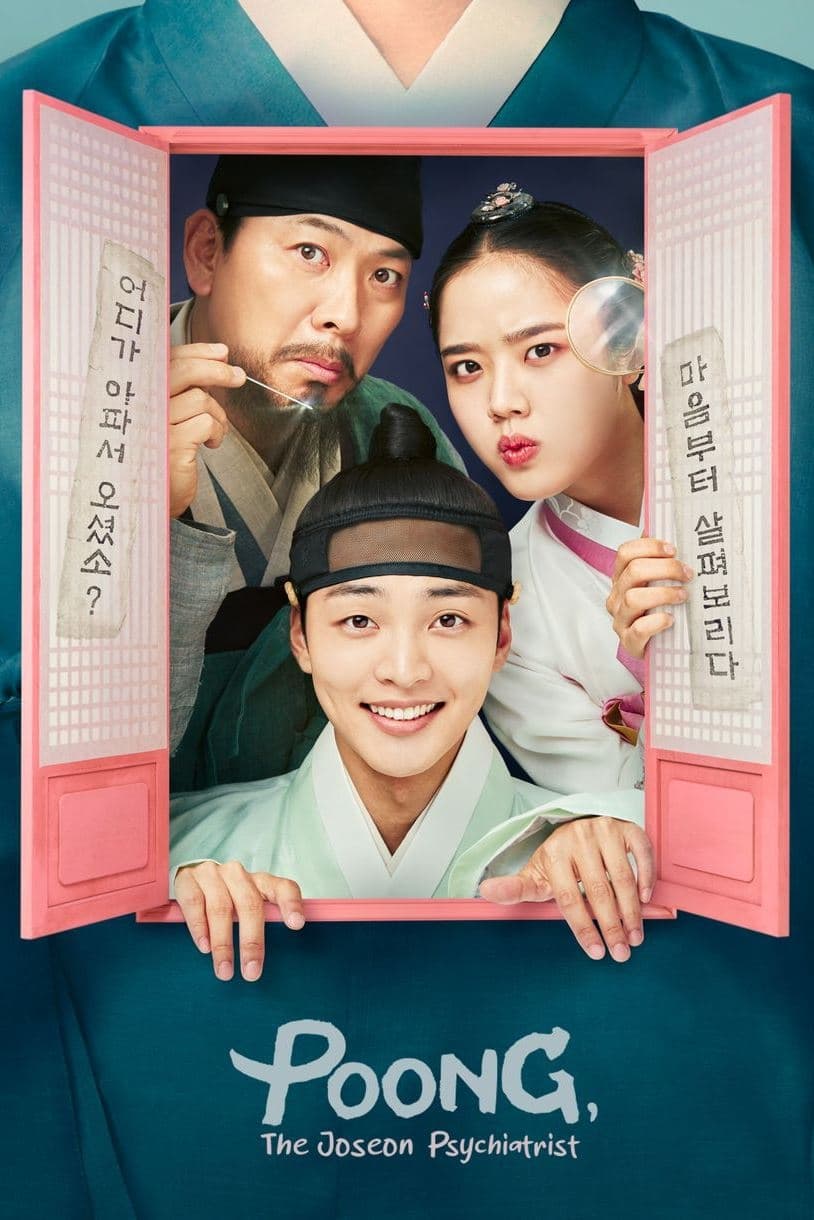
The successful doctor Yoo Sepoong becomes entangled in a conspiracy and is kicked out of the palace. He meets Jihan in Gyesu village and learns to treat those who suffer psychological illness. Finding the cause of their heartbroken feelings and writing a prescription for happiness with Eunwoo, Sepoong grows up as a true psychiatrist.
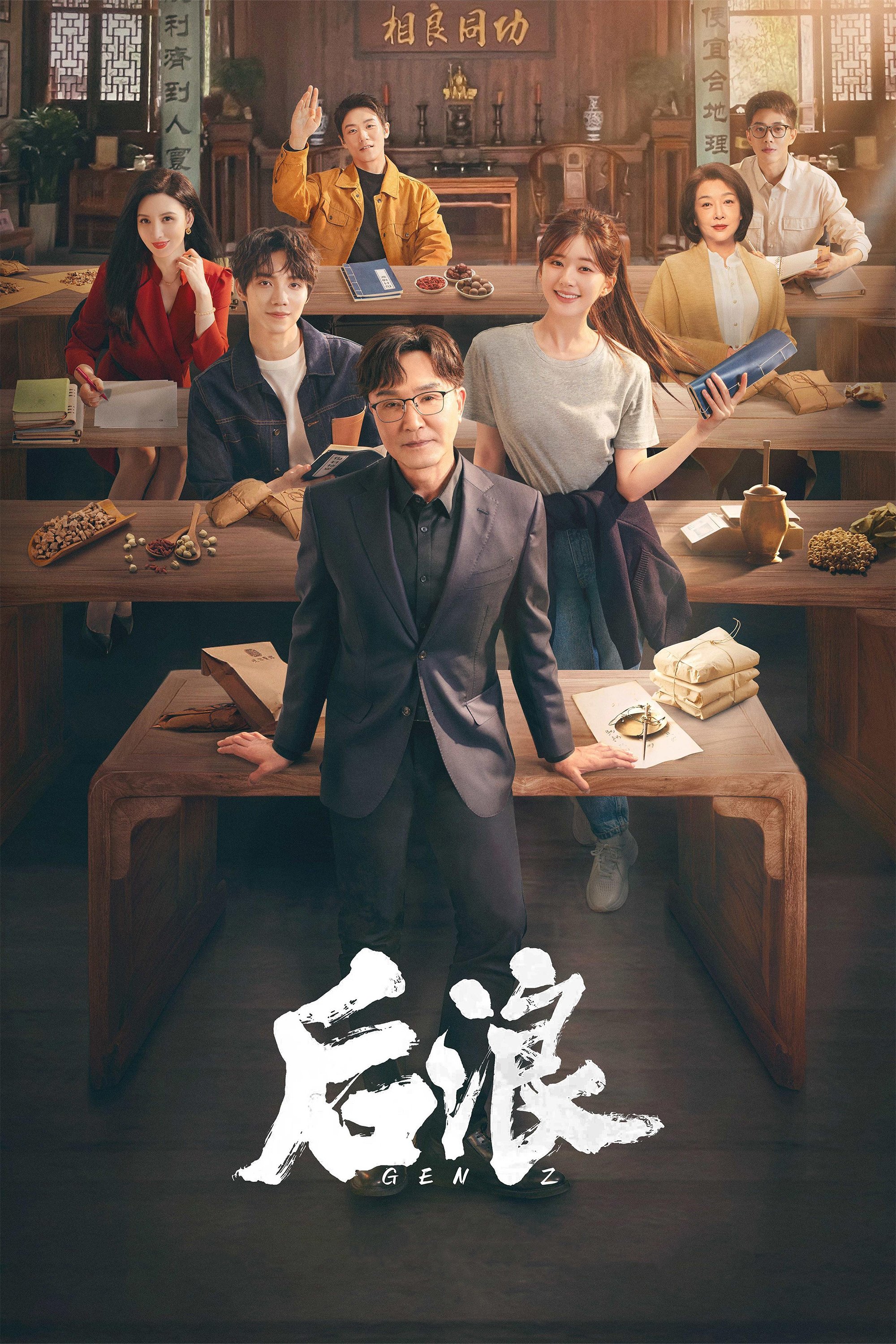
Professor Ren Xinzheng resigns to start a mentoring class for traditional Chinese medicine, hoping to train true successors. His students—Sun Toutou, his son Ren Tianzhen, lawyer-turned-student Yang Xiaohong, pediatrician Peng Shiyan, and aspiring doctor Zhao Liquan—struggle to get along, but must work through their differences to preserve the legacy of Chinese medicine.
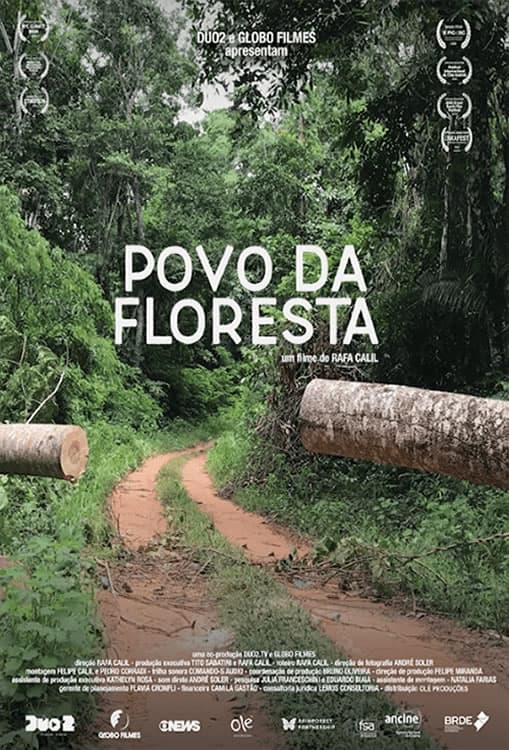
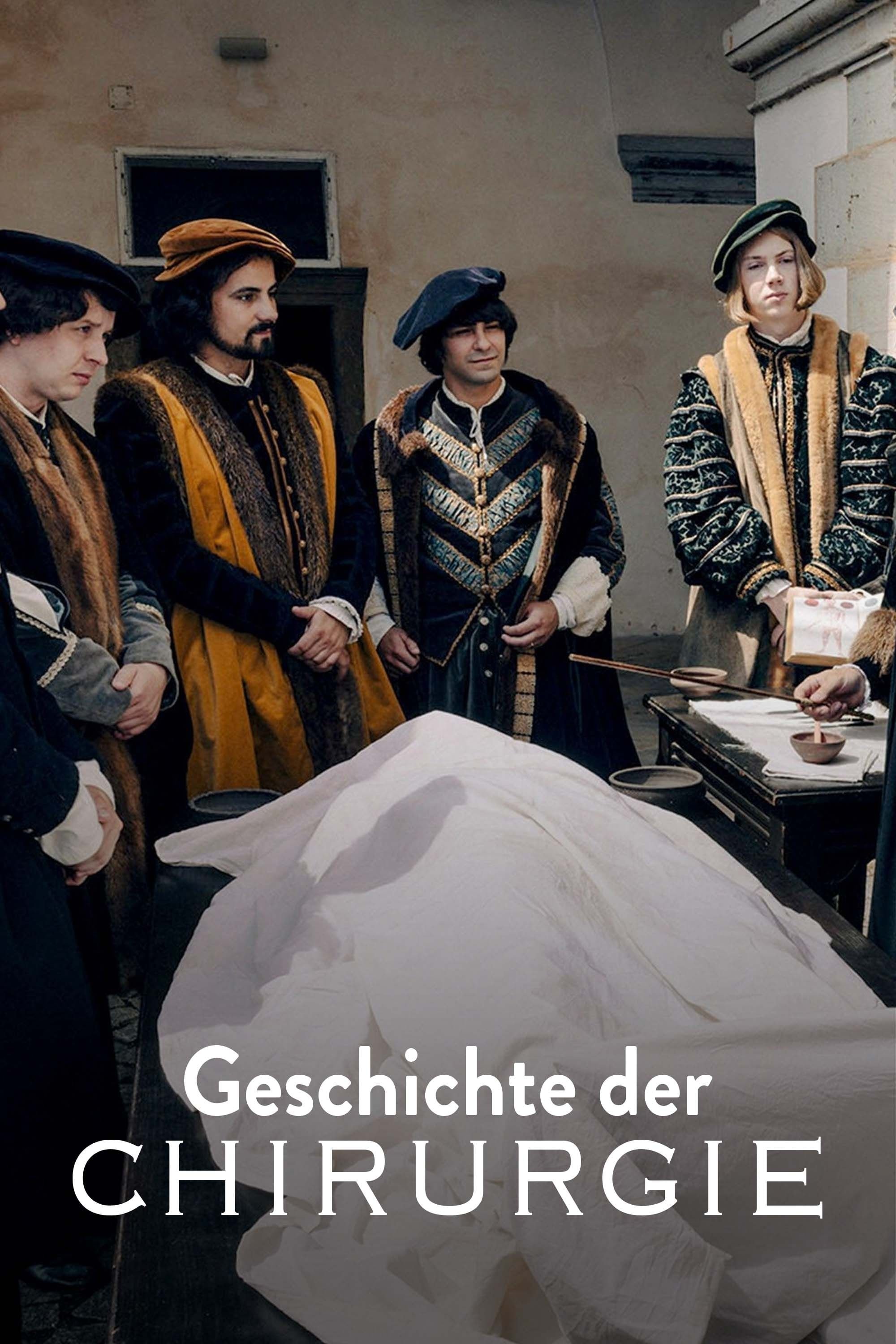
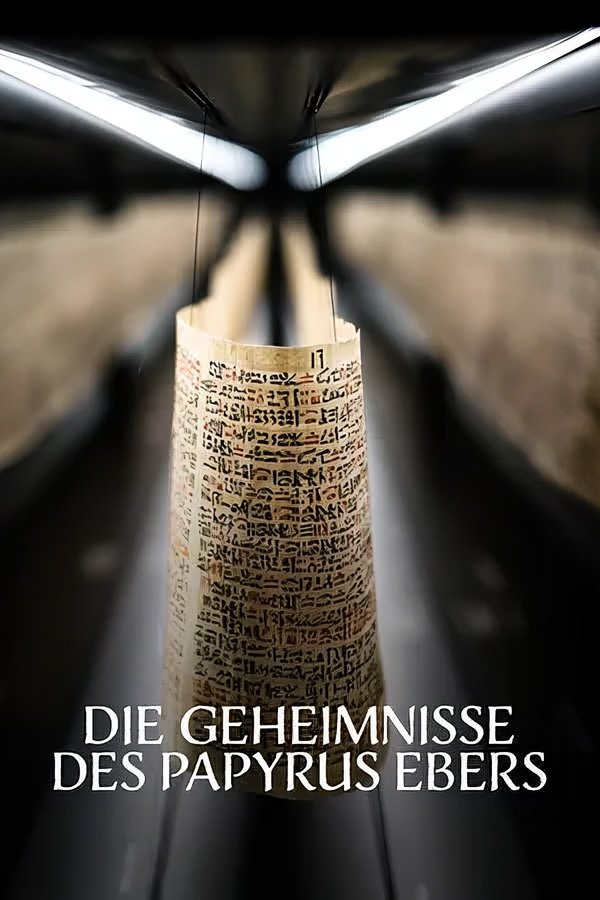
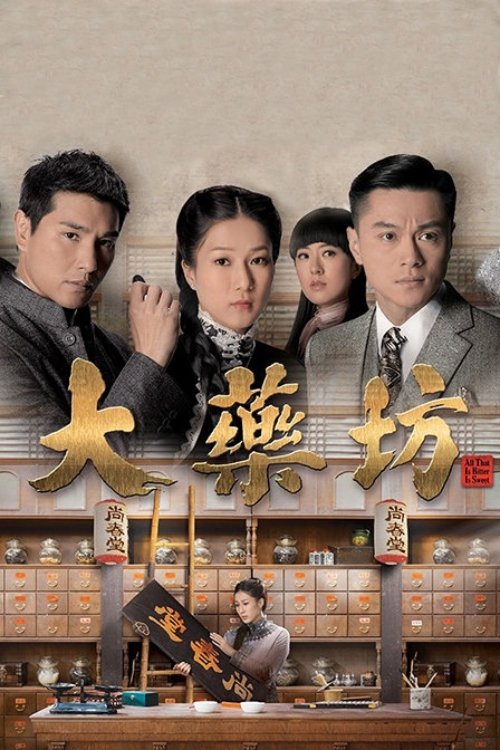
The Dou family of Foshan is an affluent family that owns and runs Sheung Chun Tong, the largest traditional Chinese apothecary in town. When an epidemic occurs in Foshan and the shop's medicine is found to be the cause, the shop owner is accused of murder and is imprisoned. In order to help release her father, the family's only daughter, Dou Gaai-kei, sets out to investigate.
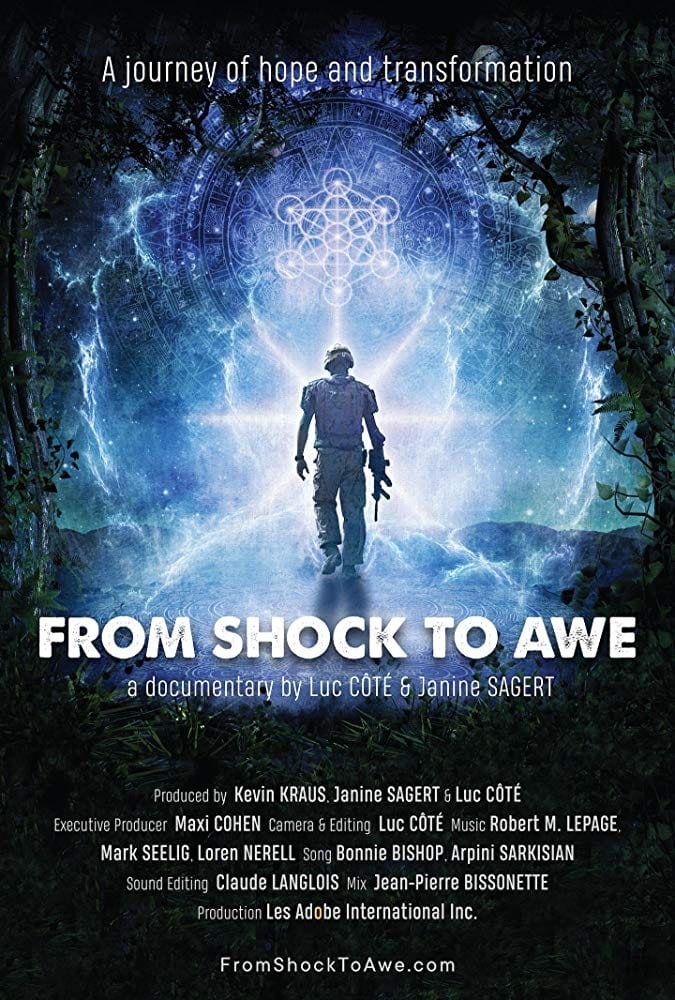
How do we heal our deepest wounds? Two combat veterans, suffering from severe trauma, abandon pharmaceuticals in order to seek healing through psychedelic medicines. Recent scientific research has shown that these substances can help people to recover from post-traumatic stress disorder (PTSD). Beyond the personal stories, From Shock to Awe raises fundamental questions about war, the pharmaceutical industry, and the US legal system.
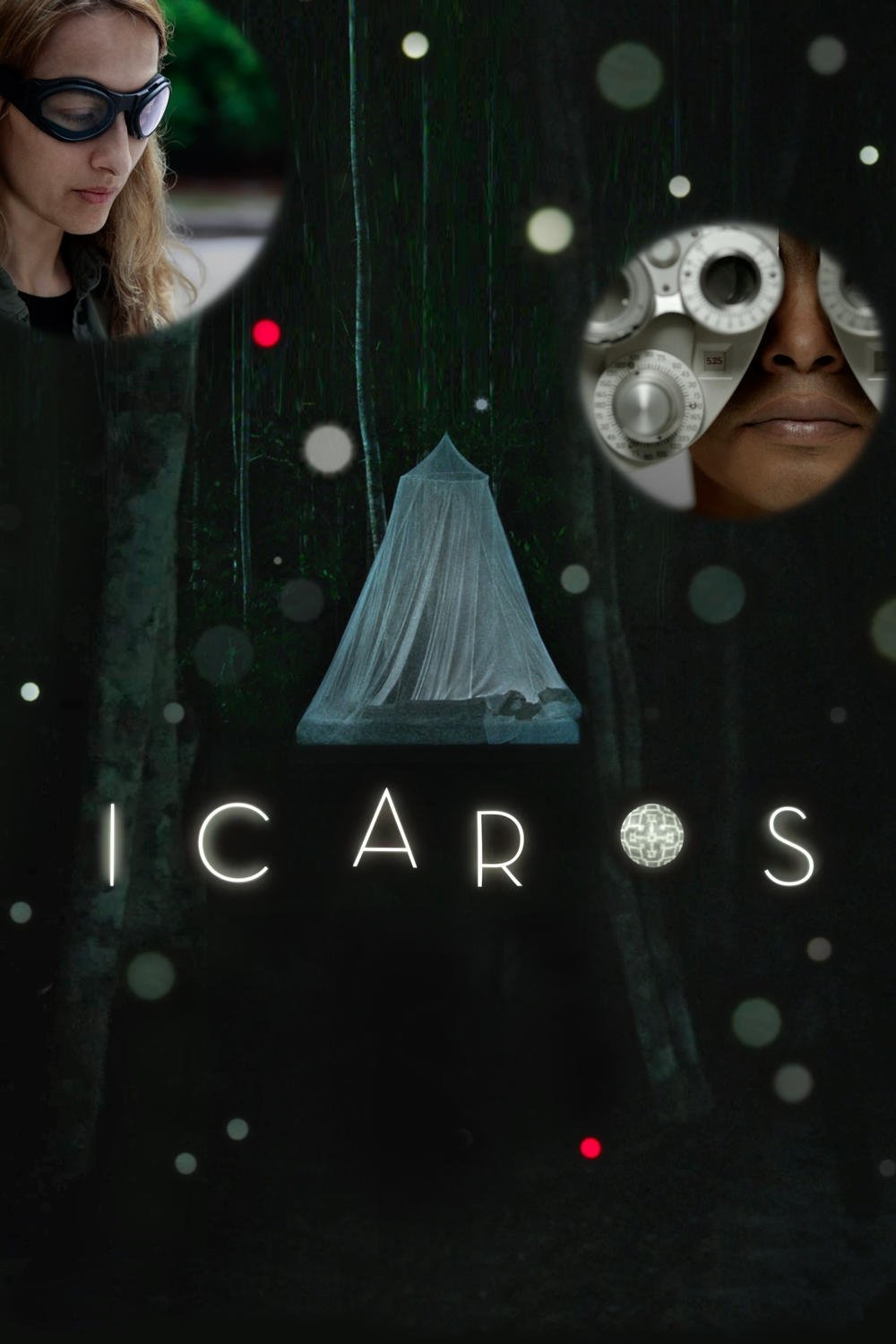
In search of a miracle, an American woman embarks on a journey to the Peruvian Amazon and finds hope in a community, through rituals involving an ancient psychedelic plant known as ayahuasca. With her perception forever altered, she forges a bond with a young indigenous shaman undergoing a crisis of his own, and a motley crew of psychonauts seeking transcendence, companionship, and the meaning of life and death.
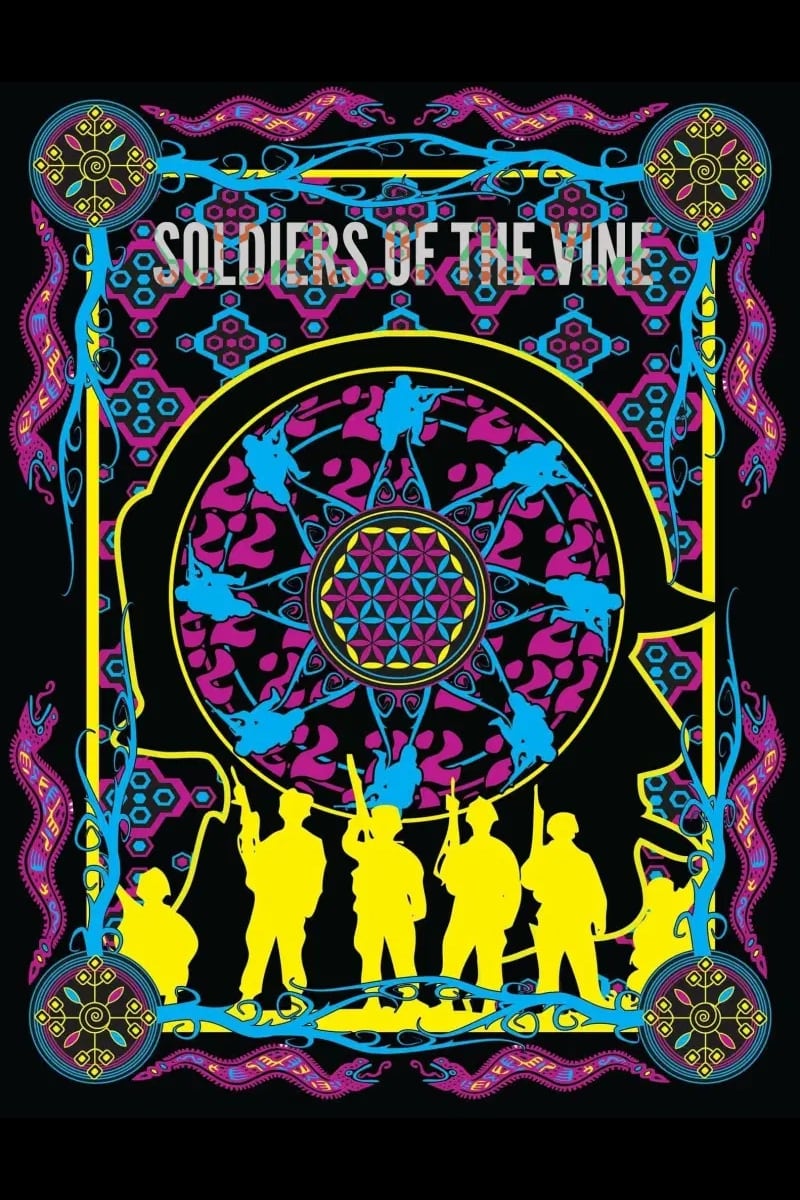
After years of suffering from post-traumatic stress disorder, six US veterans of the wars in Iraq and Afghanistan travel to Peru on a quest for healing. With the help and guidance of three brothers who are traditional healers, they take ayahuasca and other plant medicines during a 10-day retreat in the Amazon rainforest.
American tourists at SpiritQuest Sanctuary, a medicine lodge in Peru, share their thoughts about the traditional medicine ayahuasca, and their motivations for drinking it. Don Howard Lawler, founder of SpiritQuest, describes ayahuasca and its beneficial effects, as do the filmmakers themselves.
Ancient medical science told us our minds and bodies are one; so did philosophers of old. Now, modern science and new research are helping us to understand these connections. In Healing and the Mind, Bill Moyers talks with physicians, scientists, therapists and patients—people who are taking a new look at the meaning of sickness and health. In a five-part series of provocative interviews, he discusses their search for answers to perplexing questions: How do emotions translate into chemicals in our bodies? How do thoughts and feelings influence health? How can we collaborate with our bodies to encourage healing?
Anthropologist and filmmaker João Meirinhos travels in Peruvian Amazonia to speak with healers who work with the plant medicine ayahuasca. The journey begins on the outskirts of Puerto Maldonado in southeastern Peru, and winds northward to Pucallpa and Iquitos.
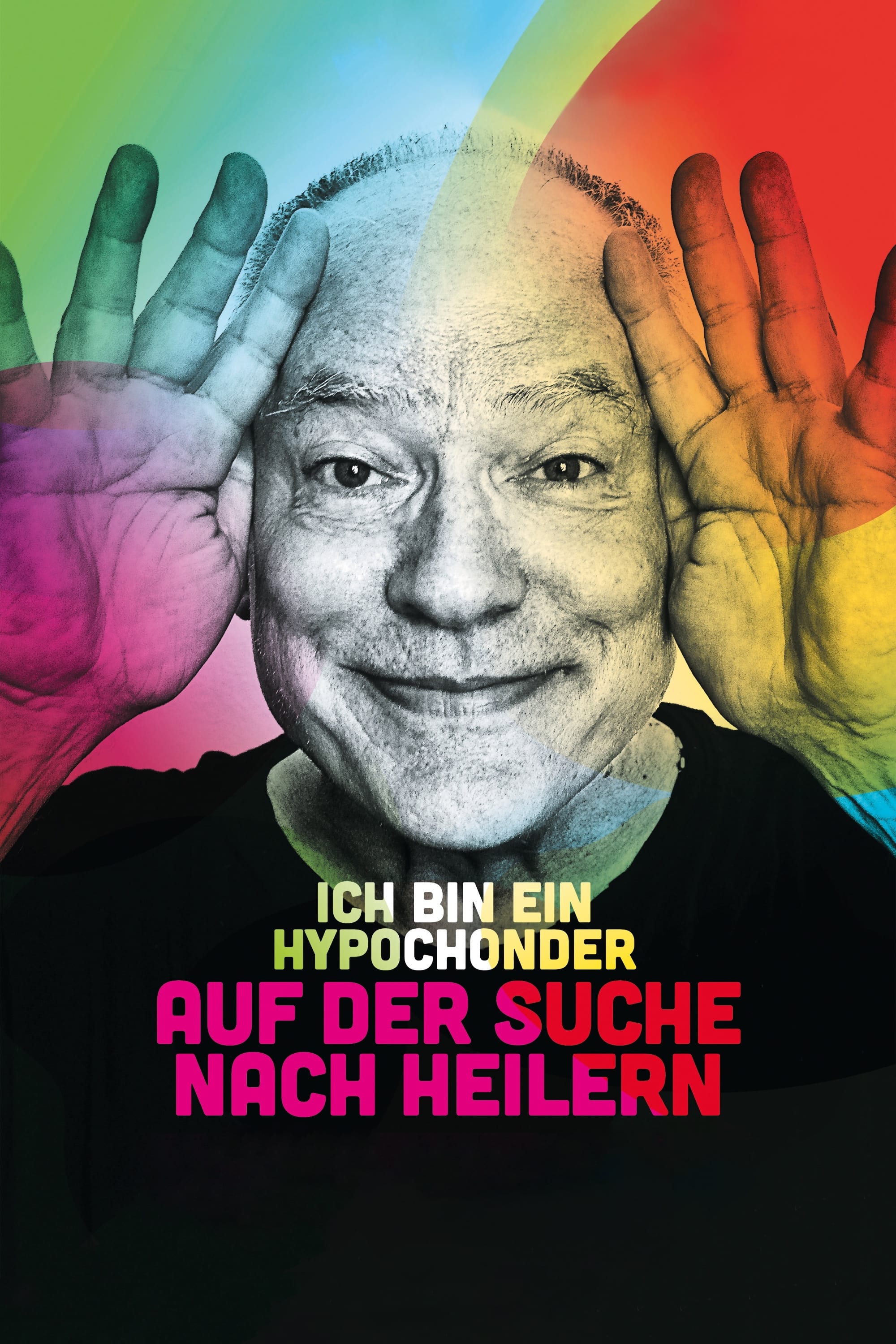
“I am a hypochondriac”, admits Rosa Von Praunheim, the icon of the gay movement, right at the beginning at the film. The director, who turned seventy in 2012, is afraid of cancer, and he actually suffers from glaucoma, with osteoarthritis in his big toe. Von Praunheim is interested in alternative medicine and goes on a foray into the scene.
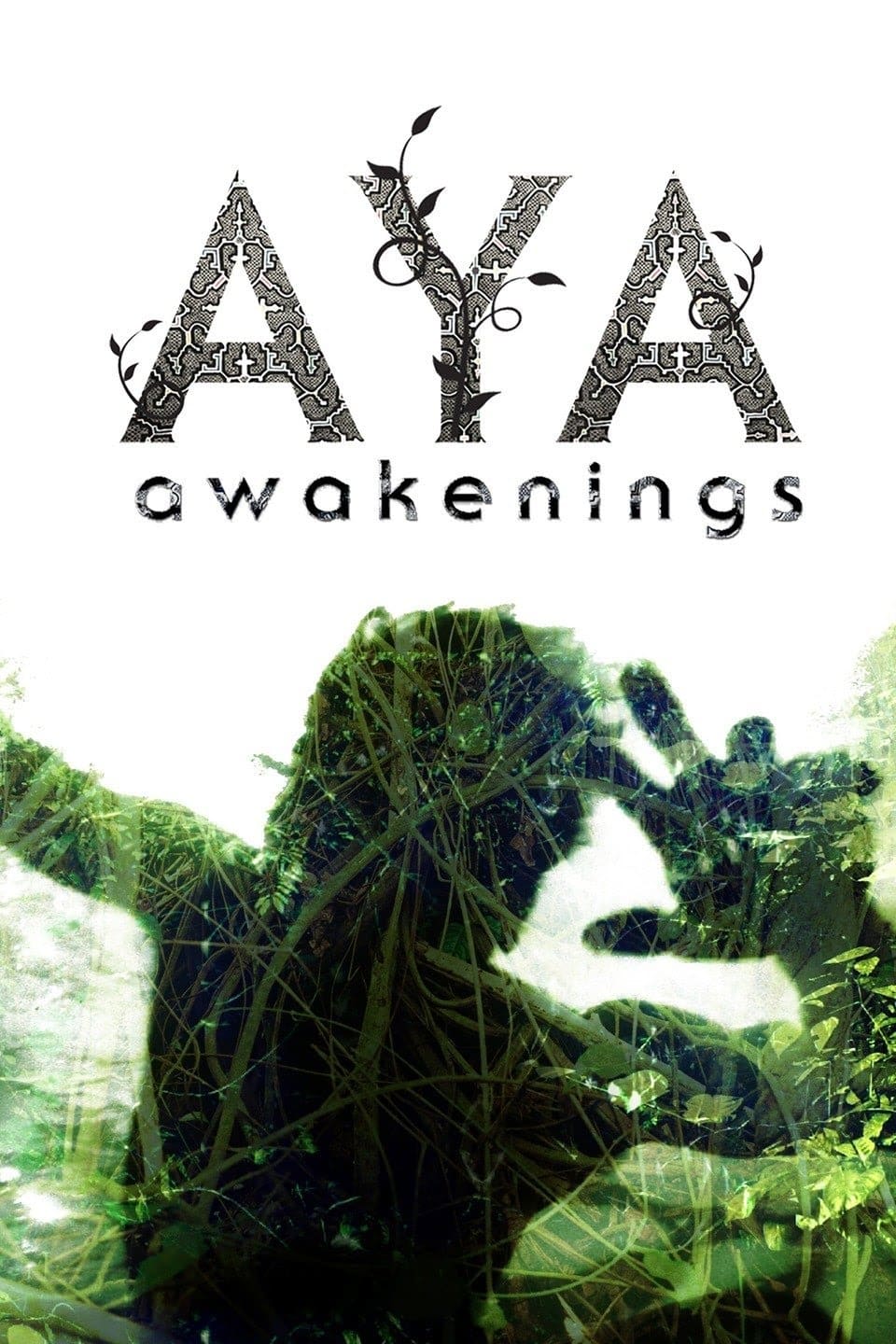
Aya: Awakenings' is an experiential journey by journalist Rak Razam into the world and visions of ayahuasca, a powerful hallucinogenic plant medicine from the Amazon, capturing the experience and the western dynamic around it in unprecedented detail.
Sachamama is a retreat lodge in Peruvian Amazonia. There, Francisco Montes leads ayahuasca ceremonies for tourists seeking insight and healing.
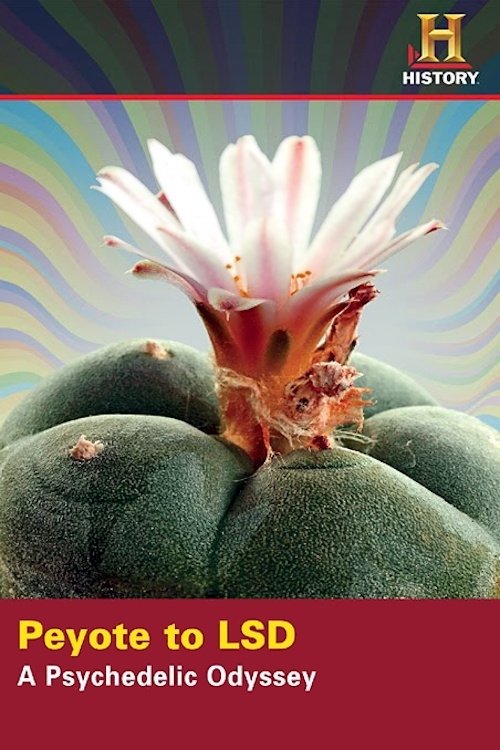
Plant Explorer Richard Evans Schultes was a real life Indiana Jones whose discoveries of hallucinogenic plants laid the foundation for the psychedelic sixties. Now in this two hour History Channel TV Special, his former student Wade Davis, follows in his footsteps to experience the discoveries that Schultes brought to the western world. Shot around the planet, from Canada to the Amazon, we experience rarely seen native hallucinogenic ceremonies and find out the true events leading up to the Psychedelic Sixties. Featuring author/adventurer Wade Davis ("Serpent and the Rainbow"), Dr. Andrew Weil, the Grateful Dead's Bob Weir and many others, this program tells the story of the discovery of peyote, magic mushrooms and beyond: one man's little known quest to classify the Plants of the Gods. Richard Evans Schultes revolutionized science and spawned another revolution he never imagined.
This documentary examines ayahuasca shamanism near Iquitos (a metropolis in the Peruvian Amazon), and the tourism it has attracted. The filmmakers talk with two ayahuasqueros, Percy Garcia and Ron Wheelock, as well as ayuahuasca tourists and local people connected with the ayahuasca industry.
This documentary introduces viewers to qigong, a 5,000-year-old method of cultivating and circulating the life energy called qi. It relates some of the history of qigong, as well as scientific evidence of efficacy. We also see qigong used in various contexts in modern China, and hear from Chinese doctors and qigong practitioners. The film was originally produced for the Public Broadcasting Service in the United States.
It is late 2004, and 34-year-old Englishman Alistair Appleton is about to fly from London to the Brazilian coast, where he will drink ayahuasca for the first time. With wit, insight, and sensitivity, Alistair shares this experience with us, and chats with some fellow participants before and after the ayahuasca ceremonies. For the past few years, Alistair had been working as a television presenter. In 2000, he started making trips to the Centre for World Peace and Health in Scotland to learn how to meditate. When clinical psychologist Silvia Polivoy opened an ayahuasca healing center in Bahia in 2004, Alistair faced his fears and seized the opportunity to attend.
Benito Arévalo is an onaya: a traditional healer in a Shipibo-Konibo community in Peruvian Amazonia. He explains something of the onaya tradition, and how he came to drink the plant medicine ayahuasca under his father's tutelage. Arévalo leads an ayahuasca ceremony for Westerners, and shares with us something of his understanding of the plants and the onaya tradition.
Men and women of the !Kung people in Ojokhoe, Namibia perform healing dances by firelight. First we see men perform the giraffe dance, and then women perform the !gwa dance.
By browsing this website, you accept our cookies policy.